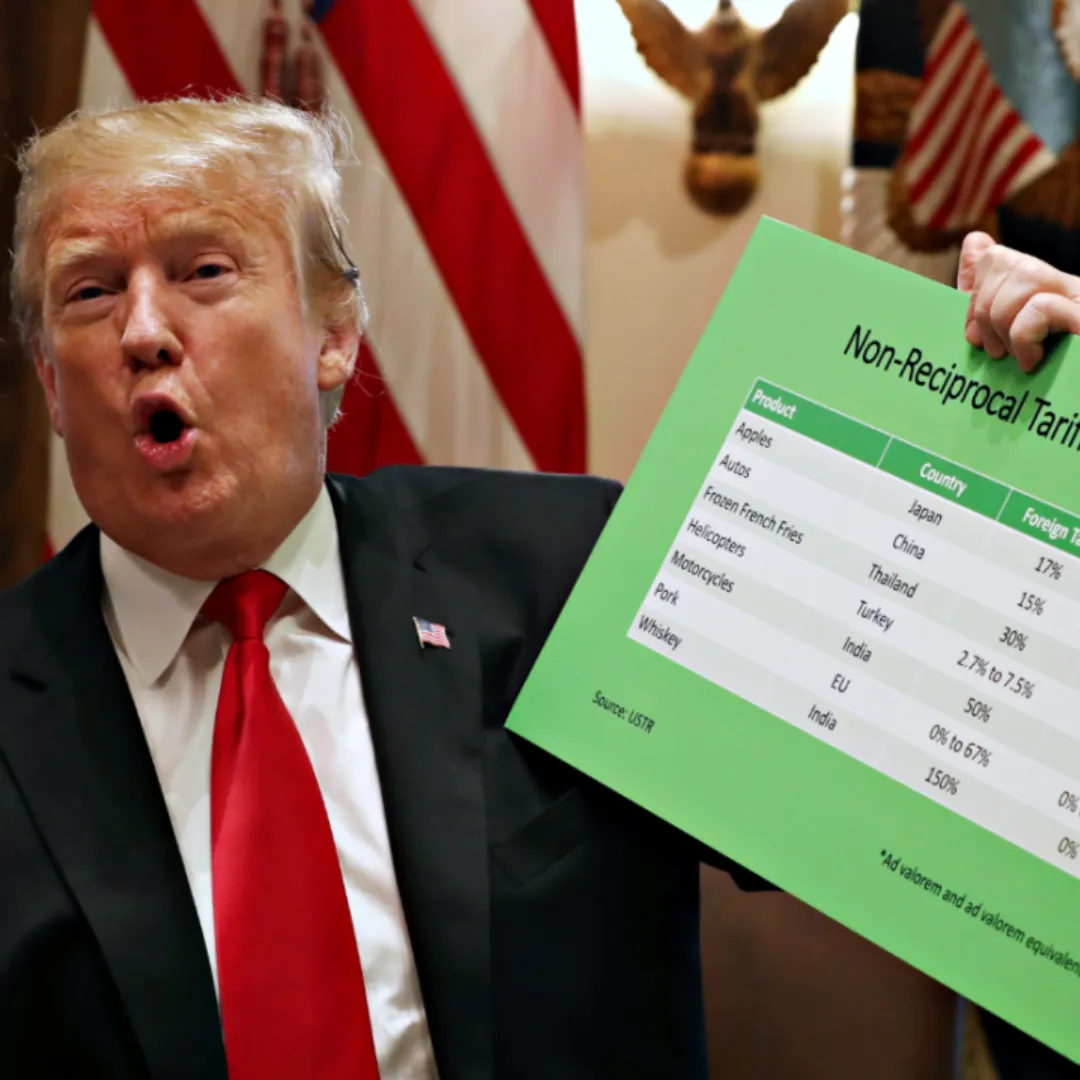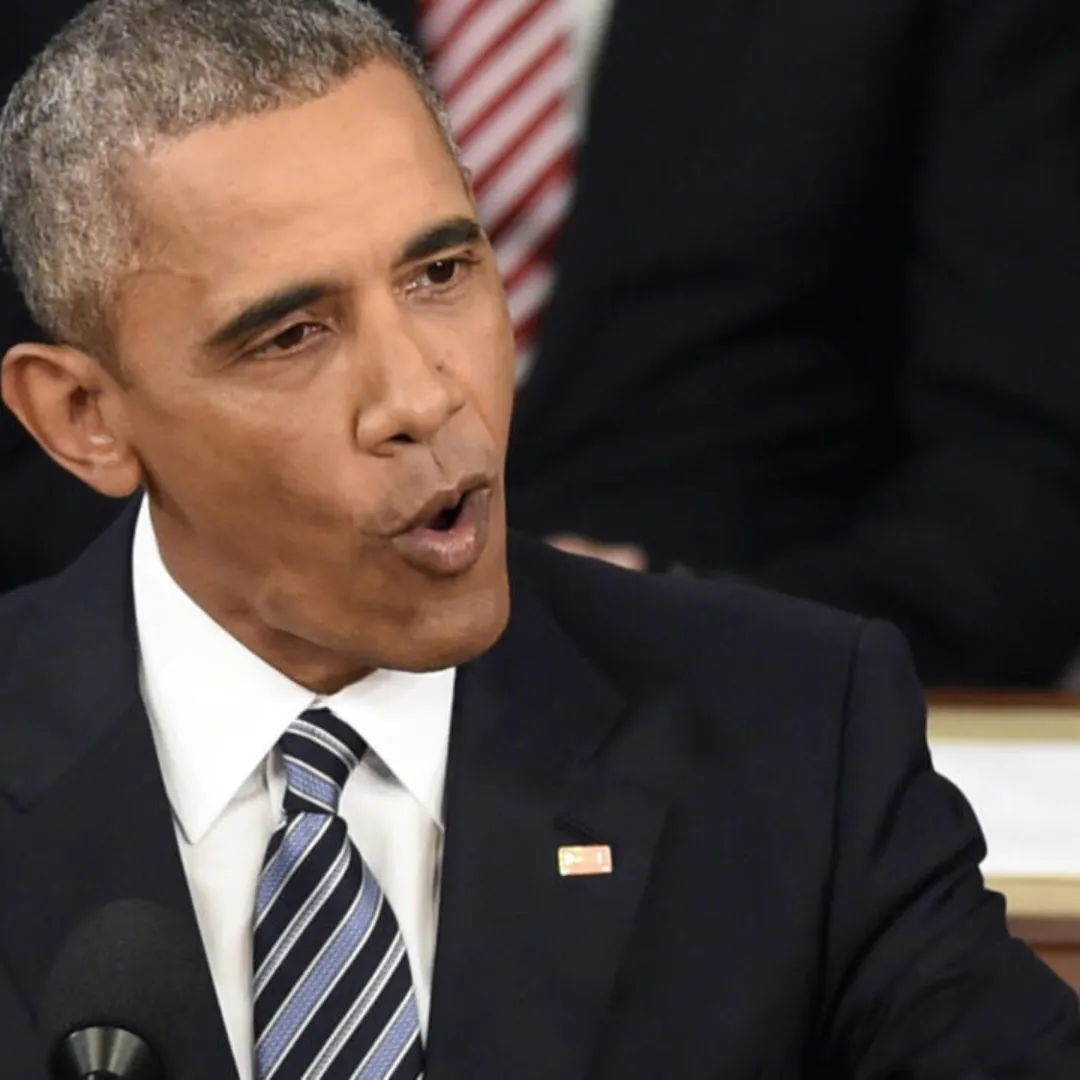
In a dramatic turn of events, Senator Bernie Sanders (I-Vt.) has sharply criticized the Trump administration’s attempt to deport Yunseo Chung, a 21-year-old lawful permanent resident and Columbia University student who participated in pro-Palestinian protests on campus. Sanders, a leading progressive voice, took to social media to express his outrage over the administration's actions, asserting that political dissidents should not face exile in the United States.
In a post on X (formerly Twitter) Tuesday, Sanders wrote, “You can’t exile political dissidents. Not in the United States.” His comments followed a federal court ruling hours earlier that temporarily blocked the Trump administration’s attempt to deport Chung, pending further review of her case.
The federal judge’s decision underscored the complex and contentious nature of the deportation efforts and raised serious questions about the legal justification for targeting individuals based on their political expression.
Judge Naomi Reice Buchwald, appointed to the bench by former President Bill Clinton, issued an order halting the deportation of Yunseo Chung until the court could consider her arguments more carefully. The judge’s ruling provided a temporary but significant reprieve for Chung, whose legal team argues that the deportation efforts against her are both unprecedented and unjustifiable.
Sanders, who has long been an advocate for civil liberties and human rights, highlighted the fact that Chung has been a lawful permanent resident of the United States since she was just seven years old. “Trump is trying to deport a Columbia University student who has been a permanent resident in the U.S. since she was 7,” Sanders wrote.
He continued, “Her ‘crime’? Attending a protest against the war in Gaza. No, Mr. President. This is a democracy.”
The controversy stems from the Trump administration’s decision to use a provision in U.S. immigration law that allows for the removal of individuals deemed to pose a threat to foreign policy interests. The administration is seeking to deport Chung under a State Department policy that allows for the removal of individuals whose actions are believed to “potentially” harm the nation’s foreign relations.
This provision has been criticized by civil rights groups as a tool to silence dissent and stifle political expression.
Chung’s case mirrors other deportation efforts by the Trump administration, which has taken aggressive stances against individuals connected to political activism, particularly those involved in pro-Palestinian movements. The administration’s stance on Chung is rooted in the application of a policy that allows for deportation based on the potential harm to U.S. foreign policy.
The policy, which is designed to address national security concerns, has drawn sharp criticism for being used to target individuals who engage in peaceful political protest.
Chung’s legal team has argued that the deportation proceedings against her are an unconstitutional infringement on her First Amendment rights. “The government’s actions are an unprecedented and unjustifiable assault on First Amendment and other rights, one that cannot stand basic legal scrutiny,” they said in court filings.
Her lawyers contend that immigration enforcement should not be used as a tool to punish noncitizen speakers who express political views that the current administration finds objectionable.
The Trump administration’s use of the immigration system to target political dissenters has raised alarms among civil rights organizations, with many arguing that this represents a dangerous precedent. The Lawyers’ Committee for Civil Rights of the San Francisco Bay Area, the City University of New York’s CLEAR Project, and Human Rights First have all voiced strong opposition to the deportation of Yunseo Chung, asserting that the legal basis for the action is both flawed and politically motivated.
The deportation attempt against Yunseo Chung is not an isolated incident. In a similar case, the Trump administration sought to detain Mahmoud Khalil, a former Columbia University student and well-known pro-Palestinian activist.
Khalil had organized protests against the ongoing Israel-Hamas war in Gaza, and the administration used the same provision of immigration law to target him for removal.
Khalil’s case drew significant attention and criticism from both lawmakers and activists, with many referring to him as a “political prisoner.” The Trump administration’s use of immigration laws to target political activists has raised concerns about the potential for such policies to be used more broadly against other individuals engaged in political activism, particularly those advocating for Palestinian rights or other causes viewed unfavorably by the administration.
Secretary of State Marco Rubio, a key ally of President Trump, was responsible for initiating the deportation efforts for Khalil, which were based on the same legal provisions used against Yunseo Chung. The legal arguments in both cases are remarkably similar, with both individuals facing deportation based on their political beliefs and actions, rather than any criminal behavior or national security threat.

The actions against both Chung and Khalil have sparked intense debate about the use of immigration enforcement as a political tool. Critics argue that the government is overstepping its authority by using deportation proceedings to target individuals for expressing political views, especially when those views are critical of U.S. foreign policy.
The use of immigration detention and deportation as a means of silencing political dissent is seen by many as an abuse of power, one that undermines the very principles of democracy and free speech that the United States purports to protect.
Senator Bernie Sanders has been vocal in his opposition to the Trump administration’s use of immigration enforcement to target political activists. His statement on X (formerly Twitter) was a direct rebuke of the idea that the government could deport individuals for exercising their First Amendment rights.
In his post, Sanders wrote, “You can’t exile political dissidents. Not in the United States.” This sentiment reflects the growing concerns among lawmakers and activists who fear that the administration’s actions are part of a broader effort to stifle political opposition and dissent.
For many, the deportation cases involving Chung and Khalil represent a clear and present danger to the freedoms that Americans hold dear. The notion that individuals could be deported for attending protests or advocating for certain political positions is seen as a direct assault on the core values of American democracy.
As the legal battles surrounding these cases unfold, the question remains: how far will the Trump administration go in using the power of immigration enforcement to silence political opposition?
The deportation attempts against Yunseo Chung and Mahmoud Khalil represent more than just individual cases—they are part of a broader and deeply troubling trend that seeks to criminalize political dissent in the United States. At stake is the very right to free speech and the ability of individuals to engage in political activism without fear of retribution.
As the nation grapples with the increasing politicization of immigration enforcement, it is essential to consider the long-term consequences of allowing deportation proceedings to be used against political activists. What does it say about the state of democracy in the United States when political dissidents are threatened with deportation for voicing their opinions on matters of war, peace, and human rights?
The case of Yunseo Chung is not just about one individual or one protest—it is about the future of free speech and political dissent in America. The question that the American public must ask itself is whether it is willing to allow the government to use the immigration system to punish those who dare to speak out against policies they disagree with.
If the government is allowed to target political activists using immigration laws, the very foundation of democracy could be at risk.

The legal battles surrounding Yunseo Chung’s deportation case are far from over, but they have already raised important questions about the use of immigration enforcement as a tool to silence political dissent. The Trump administration’s actions against activists like Chung and Khalil represent a troubling trend that could have profound implications for the future of political activism in the United States.
As the case moves forward, it will be crucial for lawmakers, civil rights groups, and the American public to continue to push back against the government’s attempt to use deportation as a means of punishing political opposition. The right to free speech, the right to protest, and the right to hold differing political views are foundational to the American system of government.
If these rights are compromised, the very essence of American democracy will be called into question.



